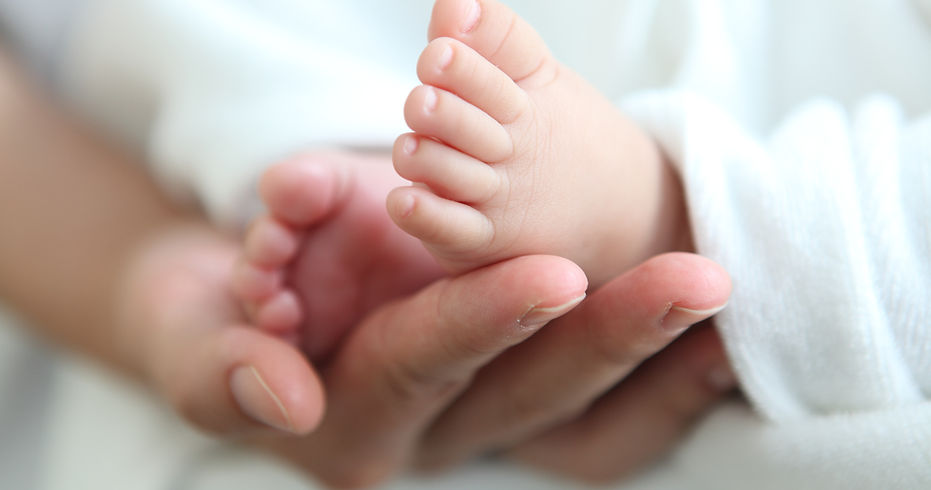MATERNAL/PARENTAL CONTRAINDICATIONS TO LACTATION
Maternal/parental coronavirus infection is not a contraindication to breastfeeding/chestfeeding - and antibodies will pass to the baby/child in the human milk. RCOG says "There is no evidence showing that the virus can be carried or passed on in breastmilk. The well-recognised benefits of breastfeeding and the protection it offers to babies outweigh any potential risks of transmission of coronavirus through breastmilk" - see their FAQs and information from Unicef UK Baby Friendly Initiative
There are few absolute maternal contraindications to breastfeeding. These include the following:
-
Chemotherapy
-
Radioactive isotopes/implant
-
Clozapine
-
HTLV infection
-
Herpes lesion (contraindicated on affected side only - cover the affected breast/chest for any contact with the baby)
-
HIV in a high-resource setting with detectable viral load or poor compliance with cART
-
Unpredictable illicit drug use (mothers on methadone with no illicit use can breastfeed/chestfeed)
There are some relative contraindications to breastfeeding/chestfeeding. Click through for more information on these:
-
HIV in a high-resource setting - as outlined by BHIVA guideline in 2018, if a person with undetectable viral load on cART who has made an informed decision wishes to breastfeed/chestfeed, they should be supported to do so with extra monitoring. These parents should be advised not to mixed feed, to breastfeed/chestfeed for as short a time as possible, to introduce complementary feeds no earlier than 6 months of age and to stop breastfeeding/chestfeeding if they get mastitis or if mother or infant have diarrhoea or vomiting (see BHIVA information leaflet)
-
Anti-psychotics - oral and non-depot antipsychotics with less sedating properties and a short half-life are preferred for use during lactation, but choice should be predominantly related to the mother/parent's needs. First generation antipsychotics should not be used for preterm babies.
-
Lithium - the American Academy of Pediatrics has previously advised that lithium can be used with careful blood monitoring of mother/parent and baby. Their current advice is to check LactMed, which has a nuanced discussion of the evidence base for lithium
-
Codeine (the Royal College of Obstetrics & Gynaecology advises that dihydrocodeine is preferred, but many UK settings continue to use codeine while warning mothers/parents of potential side effects in the infant.
Breastfeeding/chestfeeding is recommended for those with
-
HIV in a low or middle resource setting - for up to two years on cART and with complementary feeds introduced no earlier than 6 months of age (transmission rate 0.3% at 6 months and 0.6% at 12 months). See BHIVA guidance
-
Hepatitis B or C (as a precaution mothers/parents can be advised that if nipples are bleeding they should not feed from that side, but instead express and discard the milk until healing occurs)
See separate page for more information on medication and lactation

